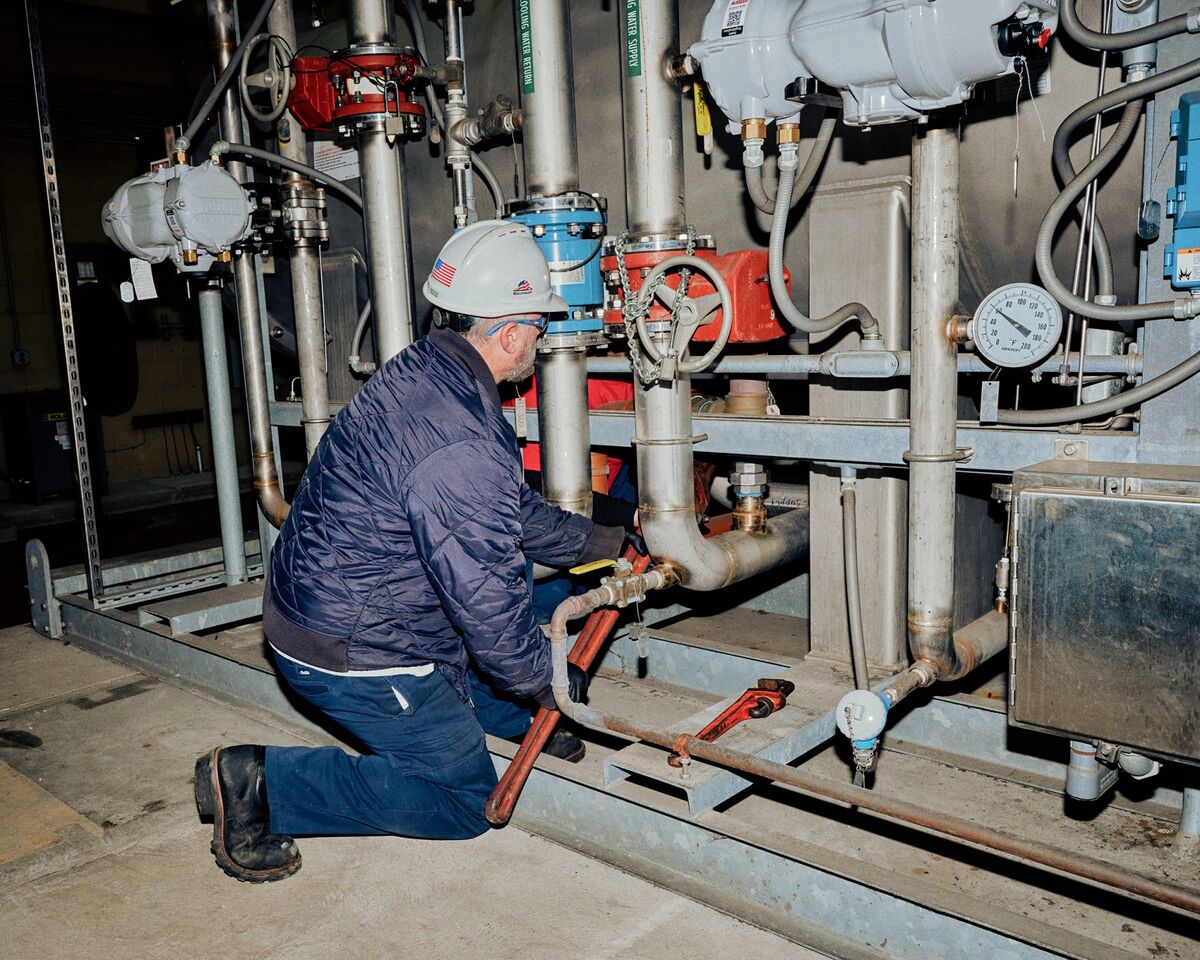It’s a money issue, not a real issue. America doesn’t want clean water anymore ( water companies got us buying bottled water thinking it’s better anyways) this may come as a suprise, but we’ve known about people retiring the whole time. When the system fails whoever holding the bag will get to deal with the fallout.
“Shrinking workforce” translation: “Wages not keeping up with inflation.”
Hey, got your essential worker right here. Tax the rich, improve the infrastructure and subsidize renewables already you corporatist shitbags.
Anyone with a subscription that can post the text?
Shannan Walton was at a conference in Utah for water workers — the often-invisible employees who ensure Americans have clean tap water and working sewer systems — when she found herself seated next to a 90-year-old gentleman.
“I thought, ‘Oh how nice, they’re inviting a retiree to still participate and be involved,’” said Walton, who runs workforce development for the National Rural Water Association, a nonprofit that trains and supports industry professionals in small communities across the US. But as the conversation progressed, she learned he was still working.
“He was 90 years old and still performing the duties because of the challenge of finding someone else to step up,” said Walton.
The nonagenarian Walton encountered is the extreme end of a much larger trend. Nationwide, many of the roughly 1.7 million people employed in the water sector have hit or are nearing retirement age. In total, between 30% and 50% of the workforce will retire in the next decade and there aren’t enough younger workers in the pipeline to replace them. A Brookings Institution analysis of 2021 data found that 88% of treatment plant operators were aged 45 or older, compared with 45% nationally.
“What’s keeping the leaders of these systems up at night is, ‘Who’s going to operate and maintain all this stuff right for the next five, 10, 20, 30 years?’” said Joseph Kane, a Brookings Institution fellow who authored the report.
Walton’s organization is currently surveying water workers to get a deeper sense of the problem. They’re finding that overall there hasn’t been much in the way of succession planning, and that it’s even worse in rural areas. Finding workers to maintain the water industry operations is becoming a challenge.
Many communities don’t have the ability to support the wages of two individuals to do the same job, says Walton. “Especially when you’re talking about smaller systems, they don’t really have the capacity to hire someone that’s training while they also have the licensed operator there,” she said. In fact, some very small rural communities may share a single licensed water operator.
This loss of skilled labor is another stressor on aging US water infrastructure that desperately needs to be upgraded. A 2024 report by the Environmental Protection Agency estimated that water systems nationwide needed $630 billion in investments over the next two decades to keep up with necessary improvements. The amount is 73% higher than what the agency estimated was needed in 2012.
It’s a gift link. If you’re not stripping off the access token from the URL, you should be able to access the article without needing somebody to do that.




